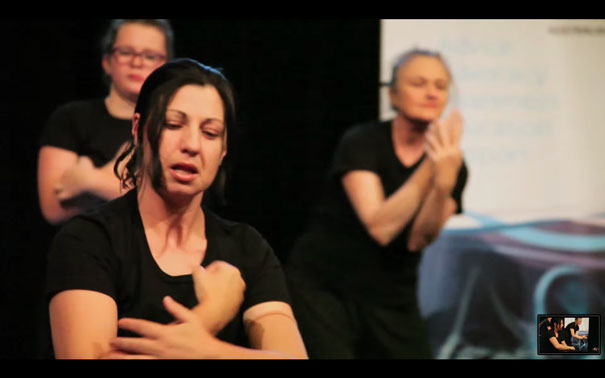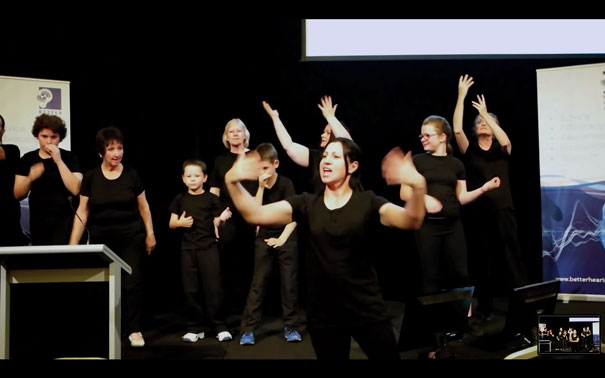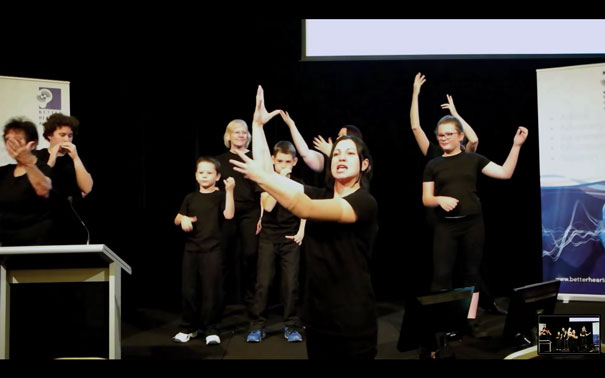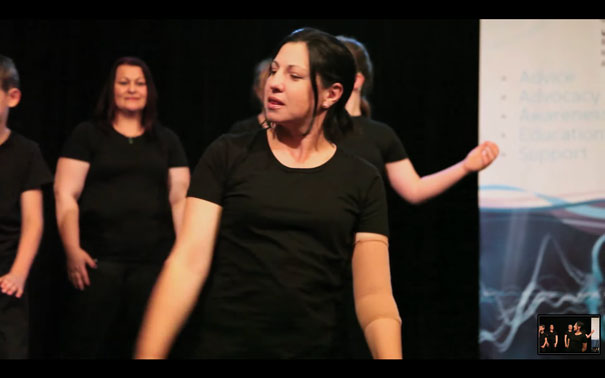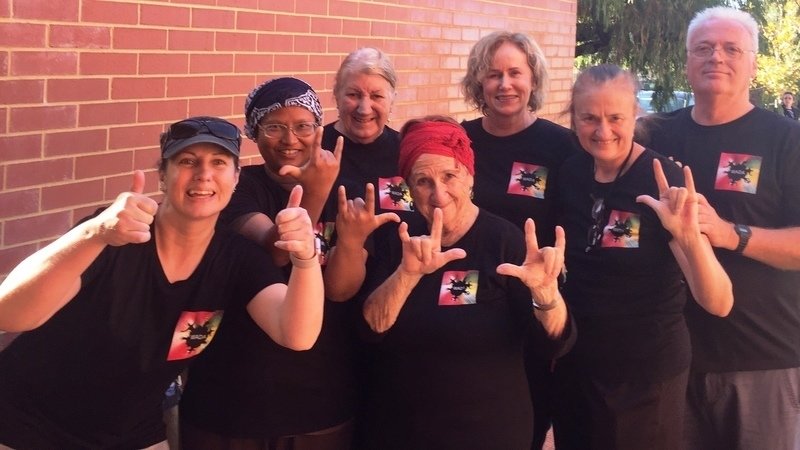Do you identify as disabled and/or Deaf and/or with disability?
I tend not to identify as this, but I AM most certainly with disability. Depression is a terrible disability to “identify with” and is so misunderstood/misinterpreted, which is partly why I feel more comfortable working with others who are with a disability themselves, whether they identify with it or not.
Other identity/ies? Intersectionalities you may like to declare (not compulsory) eg, POC, queer etc
I find being artistic tends to section me! For example, I have always been a dancer, and dancers DO feel like there are 2 main groups of people in the world, as far as we are concerned: that is, “dancers” and “non-dancers/other people/even “normal people”...! However, where even amongst other performing artists, such as dancers, I still find there are some who are far more artistic in nature than others and this again presents me with a subset, that includes so many other people. As I danced less & less, I discovered that I was less a “dancer” and more an “artist” that identifies with other artists. That’s my identity, especially in this case: “am a artist who lives with a disability”. This disability may even have determined the type of person I needed to be to better function!
Why do you do what you do?
Strangely enough, I find there is nothing much else I really want to do a lot of the time. Of course, my background (nature AND nurture: having heard the pounding of a waltz or mazurka on a piano from in the womb as my mother dropped & picked up 2 older sisters to & from ballet class those entire 9 months to joining the ballet school at age 6 myself, then piano lessons, speech & drama, French & German, which led me to Auslan much later in life) moved me in this direction, yet I have always felt compelled (although resistant at 7-11 years of age - and sometimes in my late teens - to choreography, it still was a obsession & compulsion to be immersed in art forms.
What are you looking for?
I’d love more paid work, yes, more funding: of course! Yes: ALL of the ABOVE, especially more access to spaces again (my group having been usurped 3 too many times and left with nowhere secure... “No home ? “), and to be heard (I have a voice, although I prefer to use my body and other bodies and body and sign language to speak)


